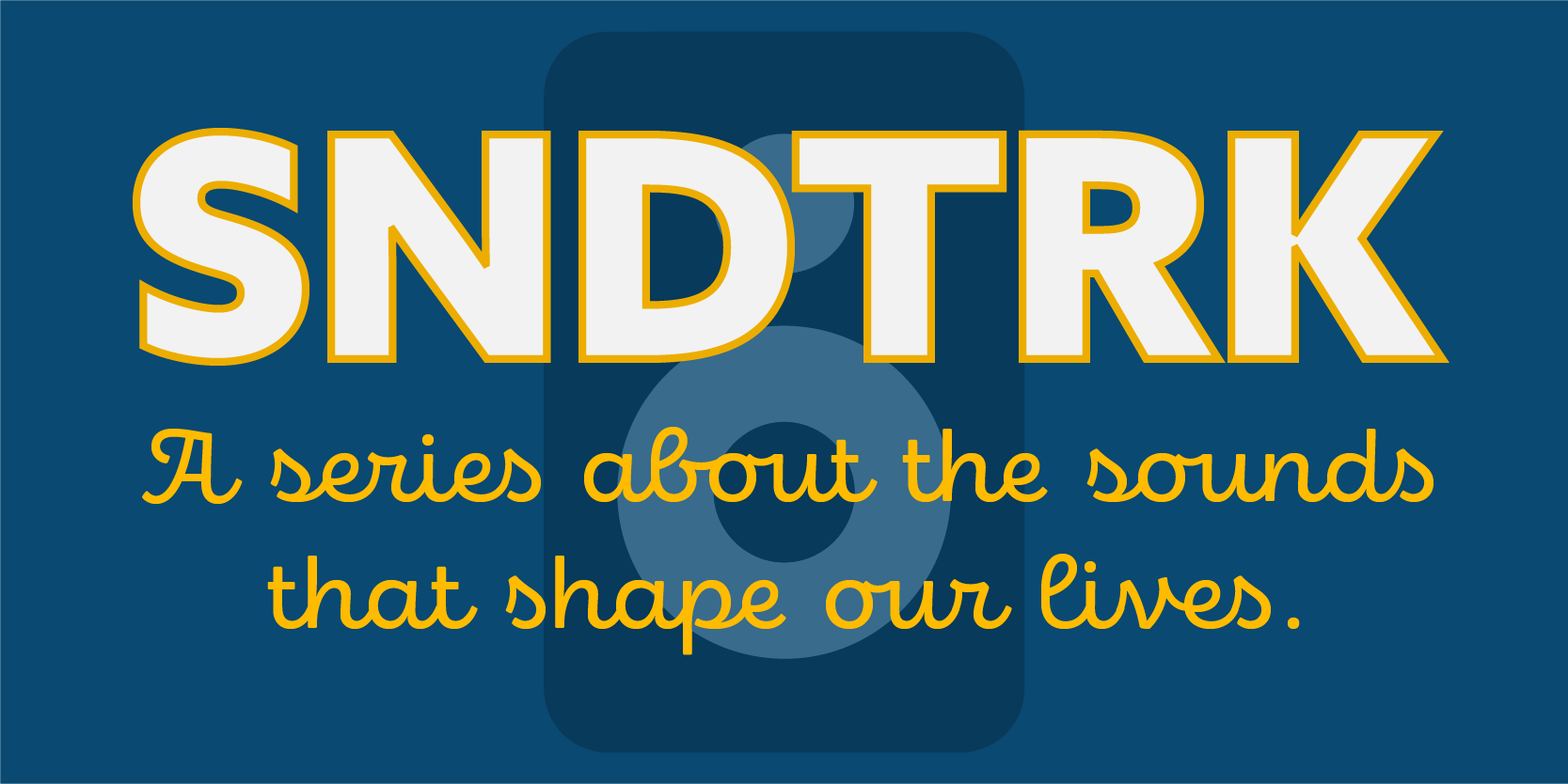SNDTRK Volume 13: Sampling
This volume is all about the art of sampling featuring production from DJ Premier, Kanye West, Future, and GZA.

Welcome back to quarantine. For those of you at home keeping score, we’re up to three books, 28 albums and a full season of Castlevania (watch it!). I keep saying Pat Junior and I are going to do an anime podcast together... As always, send your recommendations to Twitter, Instagram, or email.
On episode 11 of The Buddy Ruski Show, FootRocket and I discussed our gratitude for whosampled.com. The site is one of the few rabbit holes I’m not ashamed to go tumbling down. I excuse it as a lesson in music history. This week’s entry is an exploration in sampling, a lost art in hip-hop music but one that made older artists new again by introducing their music through samples to future generations of listeners.
You’re still getting three songs and an album. My input of new music continues to outweigh my output of new posts.
The first sample combination is from DJ Premier, a prolific New York producer and DJ who recently put up his catalog head-to-head against RZA in an epic showdown on Instagram Live (rewatch here). Sample two is from none other than Kanye West, a man whose producer chops exceed his not-to-be-understated gift for wordplay. The third sparks a conversation about the influence of samples on new songs, when they align and when they seem out of place.
As always, leave a comment below or @ me on Twitter with your thoughts.
Thief of Bagdad, Lee Erwin
Represent, Nas
To attract a diversity of listeners (including radio hosts in charge of playing their singles), popular hip-hop singles often reimagined already popular hits from generations past, like Walk on the Wild Side by Lou Reed or I’m Coming Out by Diana Ross. Puffy Daddy, in particular, was a… notorious… fan of sampling classics. On the flip side, there were the crate diggers, scouring the Earth looking for forgotten relics like archaeologists, hoping to find the most obscure fossils to resurrect as certified monster beats.
There are few producers as prolific and gifted as DJ Premier. An early showcase of his genius comes from Illmatic on the penultimate song “Represent.” The sample is from the 1924 film Thief of Bagdad, which I can’t imagine was being shown in Houston schools by the time Premier was of-age in the 70s. He isolates what Tommy deduced might be a combination of marimba and keys which Premier transforms, with classic boom bap kicks and blistering lyricism from Nas, into a masterclass of production ingenuity.
During research for this post, I came across a Reddit thread where someone suggested this might be the oldest sample in hip-hop history. This is a stretch, given the number of times classical compositions have been used (Symphony in X Major), but it is still unbelievable. Peanut Butter Wolf is one of the only other producers who would have uncovered a sample like this, given his extensive record collection.
Wildflower, Hank Crawford
Drive Slow, Kanye West
This is my favorite Kanye West song of all-time. Don’t go burn down my mentions with your hot takes about which songs in his catalog are superior. I don’t want to hear it. This song is immaculate, which is incredible considering the song features Paul Wall and didn’t feature M.I.A. as originally intended. For the record, Paul Will kills it, but just think of all the other possibilities, like T.I., who tacked on his own swagged out verse for the remix in 2006, or Snoop Dogg, the smooth criminal whose cadence would have absolutely thrived on this production.
Kanye is the best emcee/producer in hip-hop. He is neither one of those things separately, but the combined strength of the two catalogs is undeniable. Drive Slow is the first time we see Kanye explore a different style of production, shelving the big band and operatic chants for something stripped down and gritty. The influence of J Dilla is stark, with the dragged out snare and minimalist sample choice akin to songs like Fall in Love and Get Dis Money from Slum Village’s Fan-tas-tic Vol. 2 (2000). Kanye worked with the group a year prior on the song “Selfish” with John Legend and has spoken before on his relationship with the late producer. The sample, a song by Hank Crawford entitled “Wildflower,” is not as esoteric as Premier’s but in a similar manner, it gives the emcees freedom to flex on the mic. It’s a shame that we never really see this production from Kanye again. It suited him and could have attracted a variety of alternative features we never heard on a K. West beat.
*This is why research is important. As I’m typing this, I just discovered that the Hank Crawford song I shared with you as the “sample” for Drive Slow, which it is, was actually a cover of a song that came out the previous year by Canadian pop-rock band Skylark. The sample that Kanye lifts for Drive Slow is hardly recognizable in the original. My discovery of this information might seem unremarkable given it came from Wikipedia, but I am confident the site did not have the original song referenced until recently. It also makes the nature of the sample more conflicting, which I will get into shortly.
Prison Song, Carlton Williams
Mask Off, Future
I don’t have much to say about either of these songs. I didn’t see Selma (the movie or the musical) and I hate most trap music, with few exceptions that usually involve Travis Scott. My reason for highlighting this last sample combination is two-fold:
- Future will almost certainly get coronavirus based on his complicated history with wearing protective gear.
- There are times when the sample choice and the song that follows have no business being together. Nowhere is that more evident than this pairing. Two songs that live on opposite ends of the spectrum. As is standard, there is a Boondocks episode that perfectly sums up this contrast called “Return of the King” where Huey Freeman narrates an alternate reality in which MLK is shot but ends up in a coma for 30 years instead of dying, awakening in the year 2000 to find the country, and particularly Black culture, in disarray. How does a song about going to prison fighting for your freedoms stack up against doing drugs, buying expensive cars, and pursuing wealth while refusing to follow behind less-than-reputable women? I, too, would like to know how Dr. Martin Luther King Jr. would dissect such a nuanced examination of the culture.
BONUS ALBUM
Liquid Swords, GZA
When I started the album deep dives at the beginning of quarantine, the first three I listened to were Enter the 36 Chambers, Only Built 4 Cuban Linx, and Liquid Swords, arguably the three best Wu-niverse records. Not only did they introduce the world to the expanded Wu-Tang catalog as outlined by RZA at the inception of the clan, but they showcased how each member would evolve their individual careers while still representing the greater Wu mythology. Where Cuban Linx looked to the past for inspiration, donning the mafioso rap style and early gangster film aesthetic, Liquid Swords illustrated a dystopian near-future, haunted by the eerie, thunderous production from GZA. In both albums, the movie samples coupled with the cinematic flow of the tracklist create an entire dreamscape to lose yourself in while listening.
If you haven’t figured it out, I love sampling and the art of building albums. Cinematic album construction became collateral damage once iTunes allowed you to buy individual singles. No one is paying $0.99 cents for a 30-second skit, so why put it on the record when you can maximize that space with another single? Sampling, on the other hand, just became too expensive once record labels figured out how much more money they could make on their catalog. In many cases, it’s not the artists who have qualms with their songs being sampled, it’s the labels penny pinching.
There are still producers out there who will take a chance on sampling. In the case of someone like Kanye West, his wallet is thick enough to cover any sample clearance. But what about the little guy? Think about all the classic hip-hop records we would have never gotten had sampling been the hurdle it is now? Producers like Q-Tip, who was barely out of high school when the first Tribe album dropped, built it almost entirely on samples he recorded with a dual cassette player.
Sampling is an art form, a scientific discipline, and a history lesson all in one.
Good artists copy, great artists sample.
Each Friday, SNDTRK will hit this site, providing you with three songs.
Ranging from music that has inspired me, invigorated me, or just songs that bump including fresh cuts and old classics. In doing this series, I want to share the connections I have to music and in turn, make a connection to you.

